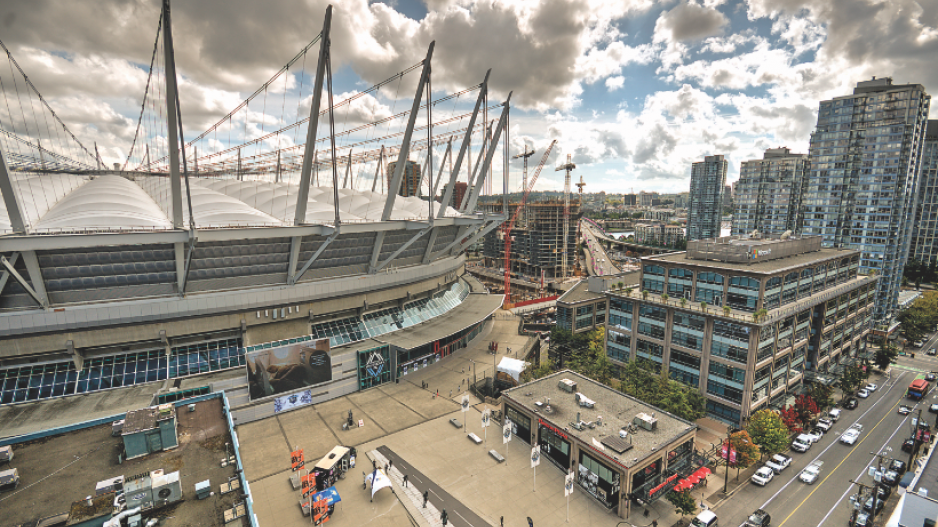Taxpayers will be on the hook for about half a million dollars for every minute of game time in the World Cup games in Vancouver.
The province and city are making some big claims about the benefits of hosting some FIFA soccer matches in 2026, but it's time for them to ‘fess up about their math.
The province Vancouver playing host to five World Cup games could generate $1 billion in new revenue for British Columbia’s tourism sector, while costing taxpayers a steep $260 million.
Hosting the Winter Olympics for a whole month in 2010 generated slightly less than and that was a much bigger sporting event than a few days of global soccer matches.
Toronto, another Canadian city slated to host five matches, claims they will only see up to worth of economic benefit. Montreal went as far as withdrawing its FIFA bid altogether because of the costs and lack of benefits.
The sa国际传媒 government did the back in 2018 by saying no to hosting FIFA because it was too big a risk for taxpayers. Why the sudden reversal?
Bringing the World Cup to Vancouver could be a great boost for our city, as long as taxpayers aren’t on the hook for it.
The city and province need to do the hard work of selling tickets, negotiating sponsorship and giving the private sector opportunities to get involved. But that’s not the plan right now.
Do politicians expect taxpayers to believe that hosting just five World Cup soccer games will bring in more than half the revenue of hosting an entire Olympic Winter Games? Do they really think Vancouver will make about four times what the soccer games are expected to bring to Toronto or Montreal?
The sa国际传媒 government and Vancouver Mayor Ken Sim need to be honest with taxpayers.
Last month, the province made sa国际传媒’s hospitality industry even less competitive by introducing a on hotel stays in Vancouver, claiming the new tax will help pay for the FIFA matches.
The Eby government says its new hotel tax will rake in about $230 million over the next seven years, meaning that provincial politicians want to keep punishing business with the new tax until 2030, long after FIFA fans have left the city.
You don’t create a new tax to pay for something that you’ve already claimed will pay for itself four times over.
The new FIFA tax will cost folks staying at hotels $2.50 for every $100 that they spend on an overnight stay in the city.
The FIFA tax is bad for businesses and for visitors to Vancouver. After years of lockdowns that hit the tourism sector hard, the province has decided to make it even more difficult for Vancouver’s hotels to stay afloat.
The new tax will also deter visitors to Vancouver. Why would a family pay an extra $10 a night in taxes on an Airbnb in Gastown, when they can avoid the hassle in Seattle, Calgary or Victoria?
If the province truly believed it could turn a profit from playing host to FIFA, it wouldn’t be punishing Vancouver businesses with a brand new tax grab.
Vancouver is one of for the 2026 tournament. That means sa国际传媒 taxpayers are getting hit with major costs, while only getting a tiny fraction of the games. Most of the costs for these types of major sporting events are one-time, paying for things such as new .
Here’s the real math. For every minute of game time that Vancouver hosts the World Cup in 2026, taxpayers will be on the hook for just over half a million dollars. Let that sink in for a moment.
Every minute of game play could build a sa国际传媒 family a home. Every minute will burn the entire provincial income tax bill for more than a hundred average British Columbians.
British Columbians are struggling, and instead of providing the tax relief that families and workers so desperately need, the mayor and premier are burning money on a World Cup vanity project.
British Columbians need support from this government, they don’t need to be paying hundreds of millions of dollars to host a Niger vs. Lithuania soccer game.
Where there’s smoke, there’s fire, and taxpayers are starting to see that Vancouver’s FIFA bid is turning into an inferno of waste.
Carson Binda is sa国际传媒 director for the Canadian Taxpayers Federation



